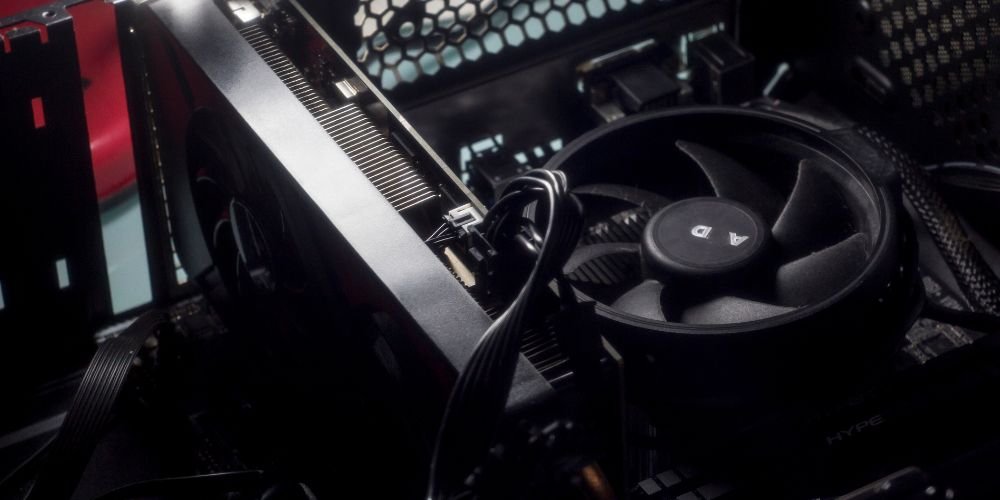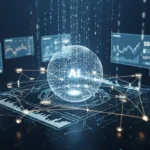The Industrial PC (IPC) market plays a pivotal role in industrial automation, providing robust computing solutions tailored to the demanding requirements of various industrial applications. This article provides a comprehensive analysis of the current state of the Industrial PC market, examining key trends, market dynamics, and challenges, and offers insights into the future outlook of this critical sector.
Market Overview
Industrial PCs are specialized computing devices that operate reliably in harsh industrial environments. These computers form the backbone of automation systems, controlling processes, collecting data, and facilitating communication across various sectors, including manufacturing, energy, healthcare, and transportation. The global Industrial PC market is witnessing significant growth as industries increasingly embrace digital transformation and automation.
The approximate decision of the Techgolly market research team is the global industrial PC market size was valued at least USD 10 billion in 2025 and is projected to reach up to USD 14 billion by 2030. The growth is expected to continue at a compound annual growth rate (CAGR) of 5% to 7% from 2025 to 2030.
Key Market Trends
The Industrial PC market is characterized by several influential trends that are shaping the landscape of industrial automation:
Rise of Edge Computing
Edge computing has gained prominence in industrial settings, driving the demand for Industrial PCs. These PCs enhance real-time decision-making, reduce latency, and improve overall system efficiency by processing data closer to the source- on the network’s edge. Industries are leveraging edge computing to meet the demands of Industry 4.0 and the Industrial Internet of Things (IIoT).
Increased Focus on Ruggedized Designs
Given the challenging environments in which Industrial PCs operate, there is an increased focus on ruggedized designs. These designs ensure durability and resistance to dust, moisture, and extreme temperatures, making Industrial PCs suitable for deployment in manufacturing plants, outdoor installations, and other demanding environments.
Integration of Artificial Intelligence (AI) and Machine Learning (ML)
The integration of AI and ML capabilities into Industrial PCs is rising. This trend enables predictive maintenance, quality control, and process optimization. It is equipped with AI and ML, contributing to enhanced automation, reduced downtime, and improved overall operational efficiency.
Adoption of Modular and Compact Form Factors
Modular and compact form factors are gaining popularity in the Industrial PC market. These designs enable scalability and flexibility, allowing manufacturers to tailor their computing solutions to meet specific application requirements. The adoption of smaller form factors is particularly relevant in space-constrained industrial environments.
Challenges
Despite the positive trends, the Industrial PC market faces certain challenges that impact its widespread adoption and integration into industrial systems:
Cybersecurity Concerns
Cybersecurity concerns have become a prominent challenge as Industrial PCs become more interconnected within the Industrial Internet of Things. Ensuring the security of industrial networks and protecting against cyber threats is crucial to maintaining the integrity and reliability of industrial processes.
High Initial Costs
The initial costs associated with deploying Industrial PCs can be relatively high. The specialized hardware and rugged features necessary for industrial environments contribute to the overall cost of these systems. However, the long-term benefits in terms of reliability and efficiency often justify the initial investment.
Compatibility and Interoperability
Ensuring compatibility and interoperability with existing industrial systems and legacy equipment can be a challenging task. Integrating Industrial PCs into diverse industrial settings requires careful consideration of communication protocols, software compatibility, and seamless interoperability with other automation components.
Future Outlook
The Industrial PC market holds several key developments for the future, shaping the evolution of industrial automation and smart manufacturing:
Continued Embrace of Industry 4.0
The adoption of Industry 4.0 principles will continue to drive the Industrial PC market. Smart factories, characterized by interconnected systems, real-time data analytics, and advanced automation, will fuel the demand for Industrial PCs that support these transformative initiatives.
Enhanced Connectivity and Communication
It will facilitate enhanced connectivity and communication within industrial ecosystems. As the Industrial Internet of Things expands, it will evolve to support seamless communication between machines, sensors, and control systems.
Focus on Cybersecurity Solutions
Addressing cybersecurity concerns will be a key focus for the Industrial PC market. Manufacturers will invest in developing robust cybersecurity solutions to protect industrial systems from cyber threats, ensuring the resilience of critical infrastructure.
Conclusion
The Industrial PC market stands at the forefront of the industrial automation revolution, providing the computing backbone for smart factories and connected industrial systems. As the market evolves, addressing cybersecurity, cost, and compatibility challenges will be pivotal. The future outlook is optimistic, with advancements in edge computing, ruggedized designs, and the integration of AI poised to redefine how industries leverage Industrial PCs for improved efficiency, reliability, and competitiveness. They are not just components of automation systems but enablers of the future’s smart, connected, and efficient industrial landscape.





